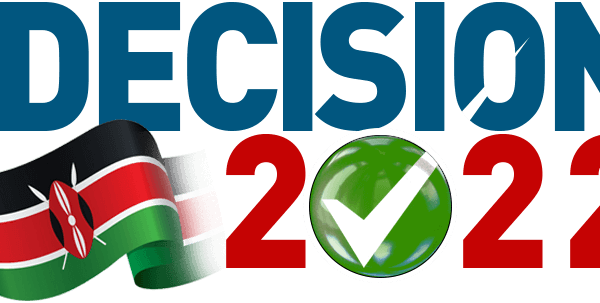
As it appeared in the Daily Nation on November 5th 2019
Dr. Lucy KiruthuEquipped with only an MS-Dos computer packages certificate, it was likely that one would go out confidently looking for a job two decades ago. At some job interviews, a candidate would be asked to put the computer on and off, type some word document and save it as well as create an excel worksheet. It is for that reason that my mother paid for my computer classes when I was going through college. Today, it is different; everyone is expected to have basic computer skills. Even pre-primary schoolchildren can easily put a computer on and off and type in the alphabet. The workplace skills requirements have greatly evolved over the years. Today’s workplace is looking for many different kinds of knowledge and skills.
Technical or hard skills are still considered crucial in most jobs. These skills directly enable the employee to get the job done. One cannot be hired as a programmer if they do not understand computer programming or if they cannot code. However, it is the soft and not hard skills that make an employee stand a better chance of being hired. Every job, including the technical ones require soft skills. Soft skills also referred to as interpersonal skills or simply people skills are crucial for optimal performance at the workplace. At the workplace, we work with other people. Every day, we interact with colleagues, customers, suppliers, partners and the public. Soft skills enable us to interact effectively and smoothly with each other.
I have participated in many interview panels as an interviewer and it is evident that technical skills are abundant but there is a shortage of soft skills. This is especially manifest among the highly technical professions such as engineering, computer programming, medicine among others. Soft skills whether inborn or learnt are embedded in our personal attributes. Further, these skills are largely influenced by our attitude towards life and towards other human beings. The list of soft skills is lengthy. Communication ranks top among the most important soft skills. Under communication are many other soft skills such as listening, persuasion, presentation, negotiation, body language, verbal communication and many more. Another key soft skill is leadership. In addition to being able to positively influence leadership requires one to be an effective communicator. Other soft skills include adaptability, collaboration, courtesy, critical thinking, conflict management, problem-solving, punctuality, willingness to learn, ability to work under pressure, empathy, willing to accept feedback, stress management among many others. To succeed in the workplace, we need all these soft skills in addition to our technical skills. For some roles, only soft skills are needed.
During recruitment, smart companies go beyond technical skills. They recognize the power that soft skills have and the contribution they make to business success. Unfortunately, most soft skills are not taught in our school system, they are not even so evident in our institutions of learning. Most soft skills are learnt in the school of life. However, not everyone learns them. Only those who recognize their importance have been intentional about learning how to better interact with others. Workplace skills have evolved and we must not underrate the power of soft skills! Be fully equipped!
Dr. Lucy Kiruthu is a Management Consultant and Trainer. Connect via twitter @KiruthuLucy









